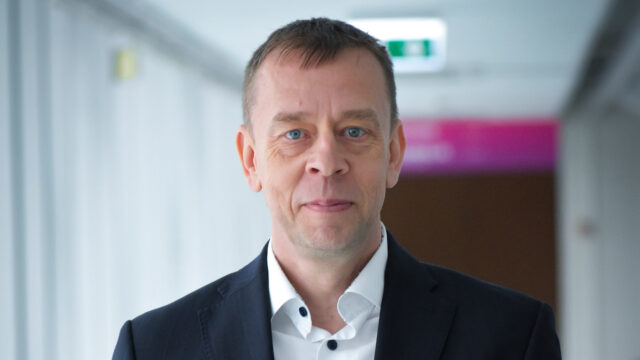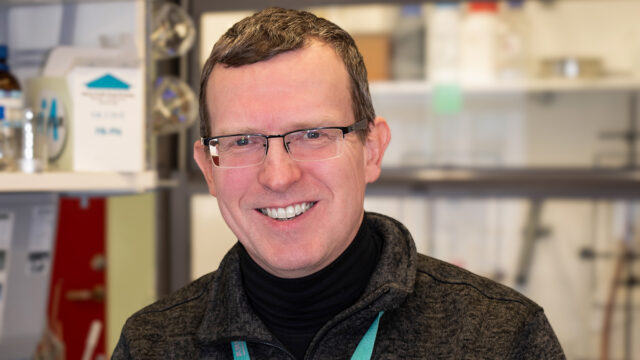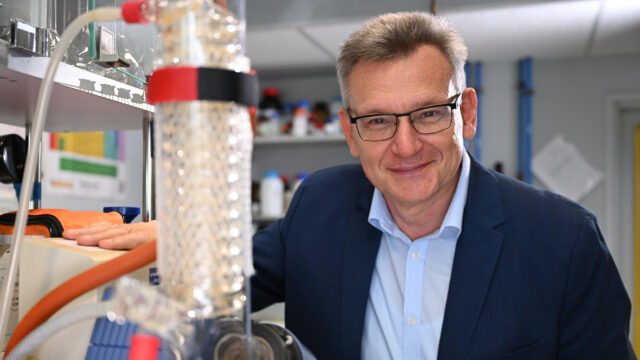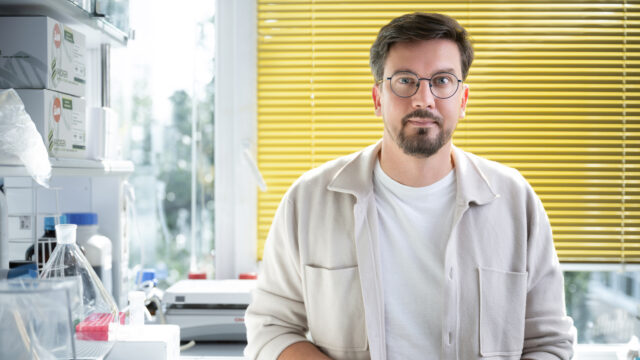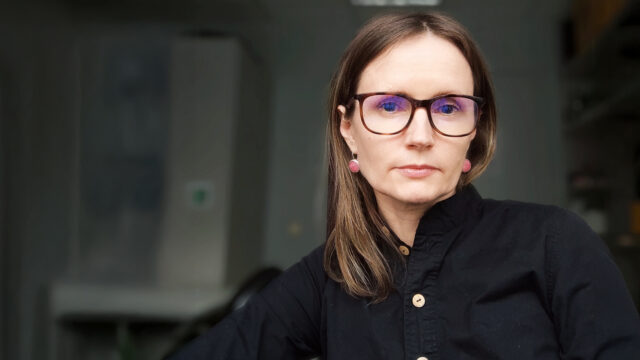Capabilities
The Wood Valorization HUB research focuses on enhancing the mechanical valorisation of wood through an in-depth examination of wooden structures’ load-bearing capacity, stability, and fire resistance. Primary areas of investigation encompass the fire performance of structural elements, the behavior of adhesive joints, and the efficacy of various covering and insulation materials in fire conditions. Additionally, the research explores innovative methods for developing joints in wooden structures and assesses the potential for reusing structural wood materials.
In our studies on fire resistance, we evaluate the integrity of adhesive joints in engineered wood products, such as veneer-based products, glued laminated timber (glulam), cross-laminated timber, and I-beams, when subjected to elevated temperatures. Our team has developed specialized testing and calculation methodologies for adhesives, explicitly focusing on the fire resistance of glue joints in engineered wood. This research is crucial in enhancing safety and durability in wood-based construction.
We emphasize valorising lower-quality hardwood species, which have historically been underutilized. Our work investigates the integration of these species into innovative wood-polymer composite materials, thereby improving their properties for broader applications.
Our research initiatives include developing wood-bio-adhesive systems to produce safer and more sustainable engineered wood products, valorising lower-quality wood species via novel composite materials, enhancing life-cycle costing in wood construction through advanced service life planning methods, and creating bio-based, fire-resistant composite materials derived from secondary raw materials. These projects aim to increase wood-based products’ durability, sustainability, and overall performance in diverse environments.
We have significantly contributed to developing and revising design standards for wooden structures’ fire resistance. We have also been influential in creating national, European, and global professional manuals. Our ongoing research and development efforts are oriented toward the efficient and sustainable utilization of wood resources by innovating new, high-performance wood materials.
Facilities
The Wood Valorization HUB enhances wood-based structures’ strength, stiffness, and fire-resistance properties for various applications. Our facilities and research expertise support developing and optimizing engineered wood materials and structural systems, from concept to application.
Core Research and Development Competencies
- Fire-Resistant Design for Engineered Wood:
We focus on creating innovative fire design methods for wood products, including I-joists, glulam, and cross-laminated timber. Our efforts include developing fire safety parameters for various structural materials and assembly types.
- Adhesive and Joint Performance Testing:
Our team develops classification testing methods for adhesives used in engineered wood structures, emphasizing fire-resistance properties. We also research and enhance structural joint designs to improve durability and safety in timber structures.
- Innovative Veneer and Plywood Technologies:
With advanced capabilities for producing and testing veneer-based products, we drive biocomposites, bonding quality, and adhesive performance innovation. Our research includes wood impregnation, finishing, and aging tests to ensure high-quality materials for various applications.
- Valorization of Low-Value Wood Species and Wood Waste:
We explore the potential of lower-grade wood to develop new veneer-based products and enhance mechanical properties through processes like wood densification. We also focus on integrating wood residues and secondary raw materials into novel, sustainable materials, such as mycelium-based composites.
Comprehensive Testing and Development Facilities
Our facilities are equipped to test various wood materials, including veneers, wood-polymer composites, wood-plastic composites, and finished and in-process furniture components. We conduct multiple tests on bonding quality, mechanical performance, and durability to refine materials for enhanced longevity and functionality.
The Wood Valorization HUB also features a unique pilot-scale veneer and plywood manufacturing line. This facility allows us to precisely produce and develop veneer and plywood under controlled conditions, providing valuable insights into production parameters and material properties.
Through our comprehensive mechanical valorization capabilities, we are committed to driving sustainable wood innovation and delivering high-performance materials for modern construction and product design.
Discover More
Opportunities for Collaboration
For Industrial Partners
We invite industrial partners to collaborate with us in developing and testing of wood materials and load-bearing wood products. We focus on evaluating these product’s strength, stiffness, fire resistance, environmental impact, bonding quality, surface properties, thermal stability, air permeability and moisture resistance. Our expert team assesses the mechanical and physical properties of timber structures and provides comprehensive support to develop advanced materials and products that meet rigorous performance standards.
Key Areas of Collaboration
- Product and Technology Development:
We offer piloting and testing services for new wood-based products and technologies, helping you refine and validate them before they are introduced to the market.
- Technical Support and Evaluation:
Our facility conducts technical assessments for wood materials and timber constructions, ensuring you comply with industry standards.
- Training Programs:
We deliver theoretical and practical training sessions in veneer and plywood technologies to enhance your team’s technical capabilities.
This partnership framework allows us to provide targeted R&D support, practical testing, and knowledge sharing, fostering innovation and excellence in wood-based materials and applications.
For Academic Partners
At Wood Valorization HUB, we actively collaborate with academic and research institutions focused on advancing wood and biocomposite technology. Our facilities and expertise provide a robust platform for both fundamental and applied research, driving innovation in sustainable wood-based materials and construction solutions.
Key Areas of Collaboration
- Wood, Veneer, and Plywood Innovation:
We invite academic partners to collaborate with us in developing new wood materials. Together, we focus on cutting-edge veneer and plywood manufacturing processes, optimizing material properties and production techniques for various applications.
- Biocomposites and Sustainable Materials:
We concentrate on development of biocomposites to promote sustainability in construction. Our collaborative projects enhance the structural and environmental performance of wood composites and constructions, contributing to resilient and eco-friendly building materials.
- Adhesives and Bonding Quality:
We specialize in adhesive technology, researching bonding performance under various environmental conditions. This research is vital for creating durable, fire-resistant wood structures and offers valuable insights into adhesive properties and applications.
- Wood Aging Studies:
We encourage partners to explore wood aging processes with us. These studies aim to enhance the durability of wood products, contributing to materials with improved longevity and quality.
- Wood and Wood Material’s Fire Resistance Studies:
Test with us various fire protection agents and chemicals, coating technologies and fire resistance properties.
By engaging in these high-impact research and development opportunities, our academic partners can leverage our advanced facilities and technical expertise to contribute to scientific advancements that foster sustainability and innovation in wood-based construction and materials science.
Collaborate
